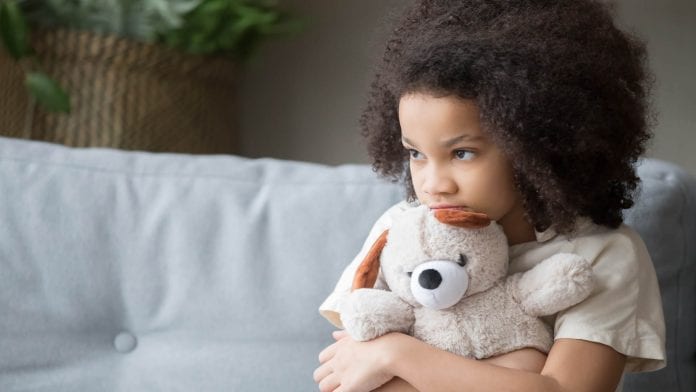
New research by YoungMinds has revealed that funding for children’s mental health services are being diverted to other priorities
Back in 2015, an extra £1.4 billion of mental health funding was pledged by the government over a five-year period to transform Child and Adult Mental Health Services (CAMHS) in line with the recommendations of the 2015 Future in Mind report.
Despite huge public concern about children’s mental health, CAMHS currently accounts for just 0.7% of NHS spending, and around 6.4% of mental health spending.
However, analysis by YoungMinds into the responses of the 199 Clinical Commissioning Groups (CCG’s) from the Freedom of Information requests has shown several issues:
Unable to provide information
Fewer than half of the CCGs who responded were able to provide full information about their CAMHS budgets. If CAMHS services are to improve, there needs to be far greater accountability about where the money is being spent.
Covering budget cuts
In the first year of extra funding (2015-16), only 36% of CCGs who responded increased their CAMHS spend by as much as their additional government funds. Nearly two-thirds (64%) of CCGs used some or all the extra money to backfill cuts or to spend on other priorities.
Other priorities
In the second year of extra funding (2016-17), only half of CCGs (50%) who responded increased their CAMHS spend by as much as their additional government funds. The other half (50%) are using some or all of the extra money for other priorities.
Sarah Brennan, Chief Executive of YoungMinds, said: “After years of cuts, the government’s recent investment in children’s mental health services was hugely welcome, and we should now be witnessing significant improvements across the country.
“But the reality is that the situation varies enormously from one area to the next. While some CCGs have made big increases in their spending, it’s deeply concerning that so many others are using some of the new money to backfill cuts or to spend on other priorities.
“It is also alarming that half of CCGs can’t provide full information about their CAMHS budgets. If they aren’t properly tracking how much money they are spending, it is impossible to say whether services are improving.
“Jeremy Hunt has described CAMHS as the single weakest area of NHS provision, so it is vital that all the new money is spent where it was intended – on creating better services with a greater focus on early intervention.”
The recent research has showcased the immense pressure that CAMHS services are under. Often, the waiting-times for assessments vary from a few weeks to more than a year, while around a quarter of children who are assessed are turned down for treatment – more than often on the grounds that their problems are “not serious enough”.
In total, around three-quarters of children and young people with mental health problems do not get the help they need.









Thanks for posting this article, I found it super useful for the current COVID environment. I work for an independent foster care provider, and we’ve found that our young people have been some of the hardest hit during this pandemic in relation to their mental health.
The closure of schools seems to have played a big part in creating feelings of isolation from peers. Interestingly, we think that technology/social media may have had some positive impacts on young peoples ability to continue to feel connected during the isolation of lockdown.
We’ve written an article with our in-house psychologist about different methods of talking to children and young people about their mental health, hopefully you might find it useful.
https://www.compassfostering.com/childrens-mental-health/